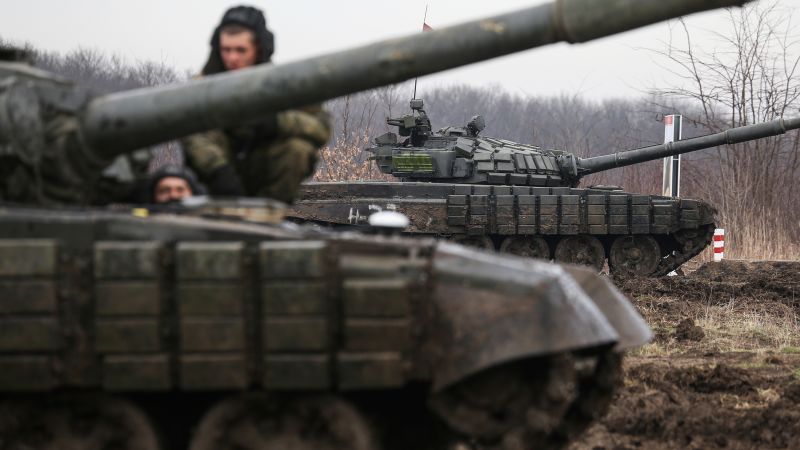Russia has lost a staggering 87 percent of the total number of active-duty ground troops it had prior to launching its invasion of Ukraine and two-thirds of its pre-invasion tanks, a source familiar with a declassified US intelligence assessment provided to Congress told CNN.
Still, despite heavy losses of men and equipment, Russian President Vladimir Putin is determined to push forward as the war approaches its two-year anniversary early next year and US officials are warning that Ukraine remains deeply vulnerable. A highly anticipated Ukrainian counteroffensive stagnated through the fall, and US officials believe that Kyiv is unlikely to make any major gains over the coming months.
The assessment, sent to Capitol Hill on Monday, comes as some Republicans have balked at the US providing additional funding for Ukraine and the Biden administration has launched a full-court press to try to get supplemental funding through Congress.



This can be both, and it’s CHEAP.
For less than 1/10th the direct cost of the Iraq war and at the cost of zero American servicemember lives we’ve set back Russia’s military by decades, strengthened NATO, and actually done something positive for a change.
I don’t disagree from a purely American standpoint, but I’d caution against calling a war where Ukrainians are being so heavily impacted daily and Ukrainian soldiers are fighting and dying “cheap”. It’s an inexpensive investment in the security of the region and the world on the US’s part, but no war is cheap.
Those of us who believe Ukrainian lives and freedoms are worth preserving don’t need convincing.
Those that think it’s too expensive to do the right thing need to be shown that even when discounting the moral necessity of the relief, the return on investment is excellent.